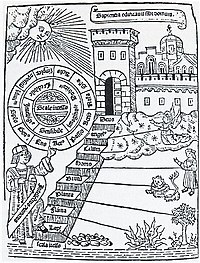Alternatives to evolution by natural selection

Evolution by natural selection is the process by which organisms, over time, become better adapted to their environment in order to survive. However, there are other processes, like mutations, genetic drift, and artificial selection, that can cause changes in a species as well.
Mutations are changes in an organism's genetic material, or DNA. Mutations can occur naturally or can be caused by external factors like radiation, ultraviolet light, or chemicals. They can cause small changes in species, and sometimes even create entirely new species.
Genetic drift is a change in the frequency of genes in a population over time. Sometimes genes become more or less common in a population by chance. This can cause small changes in the organism, but may not be enough to have an effect on the overall species.
Last, artificial selection is when humans select animals or plants within a species to breed and reproduce. This way, humans can create new traits in a new generation by choosing the traits they want to keep and which ones they want to get rid of. These traits are passed on to the next generation, and eventually, the species may look and behave differently than before.
Mutations are changes in an organism's genetic material, or DNA. Mutations can occur naturally or can be caused by external factors like radiation, ultraviolet light, or chemicals. They can cause small changes in species, and sometimes even create entirely new species.
Genetic drift is a change in the frequency of genes in a population over time. Sometimes genes become more or less common in a population by chance. This can cause small changes in the organism, but may not be enough to have an effect on the overall species.
Last, artificial selection is when humans select animals or plants within a species to breed and reproduce. This way, humans can create new traits in a new generation by choosing the traits they want to keep and which ones they want to get rid of. These traits are passed on to the next generation, and eventually, the species may look and behave differently than before.
Related topics others have asked about:
